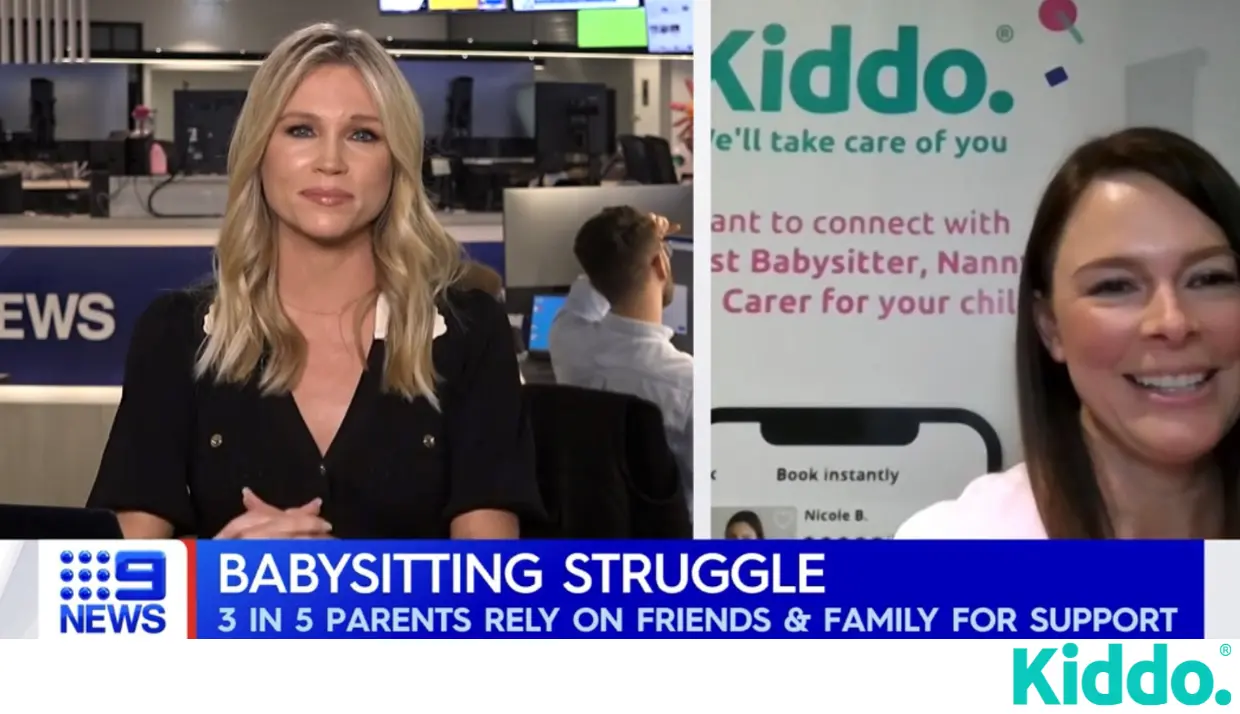When hiring someone to care for children, understanding their background is essential for ensuring child safety. In New South Wales (NSW), two common screening tools are a Police Check and a Working with Children Check (WWCC). While both are important, they serve different purposes, and it’s crucial to understand how they apply, especially in NSW.
This article focuses on the Working with Children Check NSW, its differences from a Police Check, and why choosing a service like Kiddo ensures all necessary checks are completed.
What Is a Police Check?
A Police Check, also called a National Police Certificate, provides a summary of an individual’s criminal history.
Key Features of a Police Check
- Purpose: Used broadly for employment, licensing, or volunteering—not specific to child-related roles.
- Scope: Identifies disclosable criminal convictions, such as theft, assault, or fraud.
- Validity: It reflects a person’s criminal history at the time of the check, but does not monitor future offenses.
- Use in NSW: Employers may request a Police Check for roles that involve working with children, but it is not a substitute for a NSW Working with Children Check.
What Is a Working with Children Check NSW?
The Working with Children Check NSW (WWCC) is a legal requirement for anyone working or volunteering with children in the state. Managed by the NSW Office of the Children’s Guardian, it provides a more comprehensive screening process tailored to child safety.
Key Features of a Working with Children Check NSW
- Purpose: Designed to determine whether a person is suitable for child-related roles.
- Scope:
- Includes criminal history, even spent convictions.
- Assesses pending charges or investigations.
- Considers findings of professional misconduct related to child safety.
- Ongoing Monitoring: The WWCC in NSW continuously monitors applicants. If new offenses occur, clearance can be revoked.
- Validity: Lasts for five years but can be checked or updated anytime.
- Requirement: It is mandatory for roles like babysitters, nannies, teachers, and sports coaches in NSW.
How to Verify a Working with Children Check NSW
Parents and employers in NSW can verify a WWCC number easily online through the NSW Office of the Children’s Guardian.
Steps to Check a WWCC in NSW
- Visit the NSW Working with Children Check website.
- Click on the “Verify a Check” section.
- Enter the person’s WWCC number, surname, and date of birth.
- Review the status to confirm their clearance is valid and current.
Why Booking with Kiddo Makes Childcare Safer in NSW
When you book a babysitter or nanny through Kiddo, you can skip the stress of verifying WWCCs or Police Checks yourself. Here’s why:
- Pre-Verified Carers: All Babysitters and Nannies on Kiddo hold valid Working with Children Checks NSW, ensuring they meet the legal requirements for child-related work.
- Identification Checks: In addition to WWCC verification, carers also undergo Identification Checks, adding an extra layer of safety.
Final Thoughts
In NSW, both a Police Check and a WWCC play a role in ensuring child safety, but the WWCC is specifically designed to protect children in care environments.
With Kiddo, every carer is carefully vetted to ensure they meet NSW’s strict requirements, including a valid Working with Children Check NSW. Whether you need a babysitter for date night or a nanny for regular care, Kiddo makes finding trusted childcare simple and stress-free.
Book a verified carer with Kiddo today and experience the peace of mind every parent deserves!
Download Kiddo direct from the app store and have confidence that Babysitters, Nannies and Support Workers you book have completed checks!
Other articles from the Kiddo team:
What to do First time Hiring a Nanny or Babysitter | The Difference between a Babysitter and Nanny






